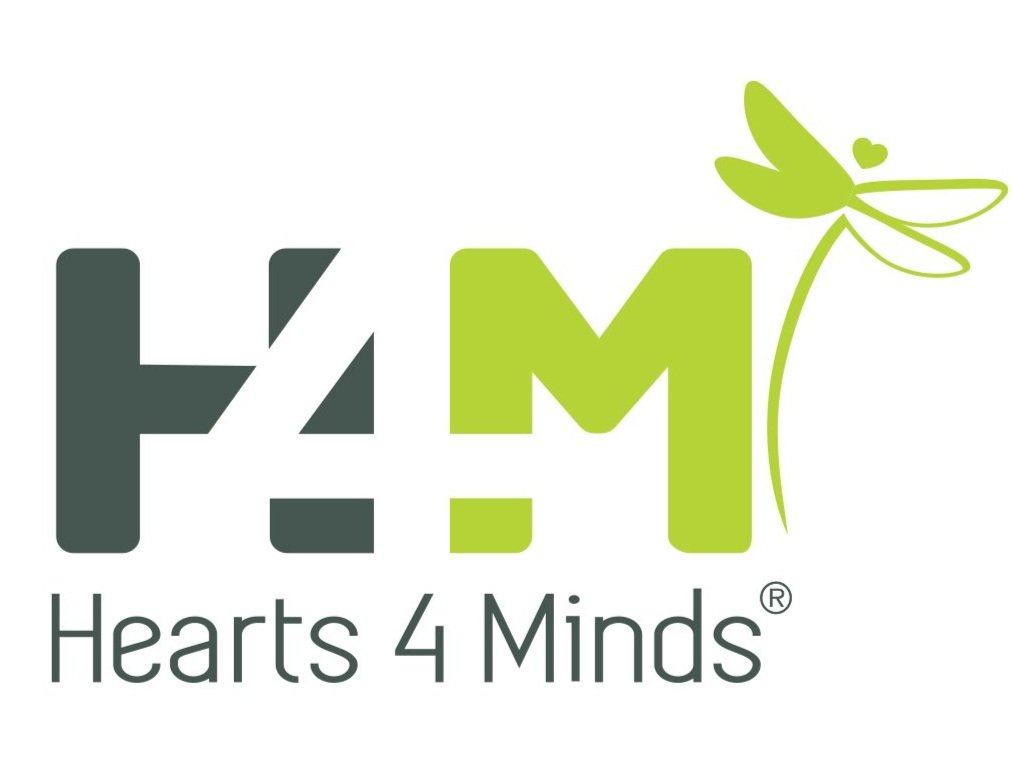Major Depressive Disorder (MDD)
WHAT IS DEPRESSION?
Depression, also known as Major Depressive Disorder (MDD), is a common and serious medical illness that negatively affects how you feel, the way you think, and how you act. It is characterized by persistent feelings of sadness and loss of interest in activities you once enjoyed. Depression can lead to a variety of emotional and physical problems and can decrease your ability to function at work and home.
Depression is more than just a bout of the blues; it is not a weakness, and you can't simply "snap out" of it. Most people with depression need treatment to get better.
In 2021, 21 million adults in the United States (or 8.4%) had at least one major depressive episode.
National Institute of Mental Health (NIH) [source]
TYPES OF DEPRESSION
-
Major Depressive Disorder involves severe symptoms that interfere with your ability to work, sleep, study, eat, and enjoy life. An episode can occur only once in a person's lifetime, but more often, a person has several episodes.
-
Also known as dysthymia, Persistent Depressive Disorder is a continuous long-term (chronic) form of depression. You may lose interest in normal daily activities, feel hopeless, lack productivity, and have low self-esteem.
-
Although distinct from depression, Bipolar Disorder includes episodes of depression along with episodes of mania or hypomania. The depressive episodes share the same symptoms as Major Depressive Disorder.
-
Postpartum Depression is much more serious than the "baby blues" that many women experience after giving birth. It involves full-blown major depression during pregnancy or after delivery (postpartum).
-
Seasonal Affective Disorder is characterized by the onset of depression during the winter months when there is less natural sunlight. This depression generally lifts during spring and summer.
-
This is a severe form of premenstrual syndrome (PMS) that includes physical and behavioral symptoms that usually resolve with the onset of menstruation.
WHAT TREATMENTS ARE AVAILABLE FOR DEPRESSION?
PSYCHOTHERAPY
Psychotherapy, also known as talk therapy, can be an effective treatment for depression. Cognitive-Behavioral Therapy (CBT) helps people identify and change negative thought patterns and behaviors that contribute to their depression.
MEDICATIONS
Antidepressants are commonly prescribed to help modify brain chemistry and relieve symptoms. Selective Serotonin Reuptake Inhibitors (SSRIs) and Serotonin-Norepinephrine Reuptake Inhibitors (SNRIs) are often the first line of treatment.
ELECTROCONVULSIVE THERAPY (ECT)
ECT is a medical treatment most commonly used for patients with severe major depression or bipolar disorder who have not responded to other treatments. It involves a brief electrical stimulation of the brain while the patient is under anesthesia.
LIFESTYLE CHANGES AND SELF-CARE
Regular exercise, a healthy diet, adequate sleep, and mindfulness practices like meditation can all support mental health and improve symptoms of depression.
SELF MANAGEMENT STRATEGIES
Healthy Lifestyle Choices
Exercise: Regular physical activity can improve your mood and energy levels.
Nutrition: Eating a balanced diet can positively impact your overall well-being.
Sleep: Ensuring you get enough rest can help manage depression symptoms.
Mindfulness: Practices such as meditation and yoga can help reduce stress and improve mood.
Build a Support Network
Connecting with friends, family, or support groups can provide emotional support and help you manage depression.
Set Realistic Goals
Break down large tasks into small ones, set priorities, and do what you can as you can. Recognize your accomplishments along the way.
Avoid Alcohol and Drugs
These substances can worsen depression and interfere with treatment.
Educate Yourself
Learn about depression, its symptoms, and treatment options to better understand what you are experiencing and how you can manage it.
HOW DO I GET HELP FOR DEPRESSION?
EDUCATE YOURSELF
Learn about depression, its symptoms, and the available treatment options. Staying informed is a crucial first step.
IDENTIFY TRIGGERS AND STRESSORS
Recognize the situations, emotions, or people that trigger depressive episodes and develop strategies to manage them.
PARTNER WITH HEALTHCARE PROVIDERS
Work with mental health professionals to create a personalized treatment plan. Set achievable goals and maintain open communication.
PRIORITIZE HEALTH
Focus on your physical and mental well-being through regular exercise, proper nutrition, and stress-reduction techniques.
BUILD A SUPPORT SYSTEM
Seek support from friends, family, support groups, and mental health professionals. You're not alone, and connecting with others can provide comfort and aid in your recovery.
Remember that recovery is a journey, and seeking help and support is a courageous step toward a healthier and more fulfilling life. You are not alone in your struggle with depression, and there are resources available to assist you on your path to recovery.
